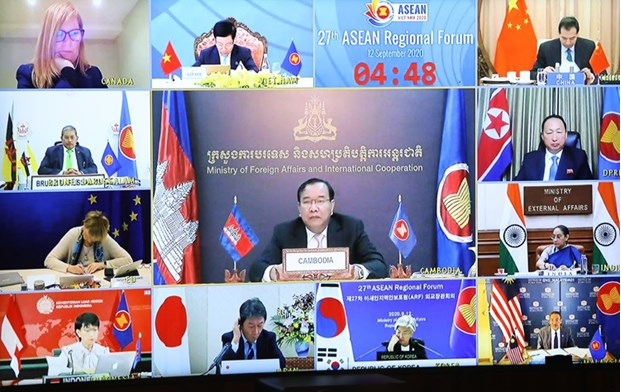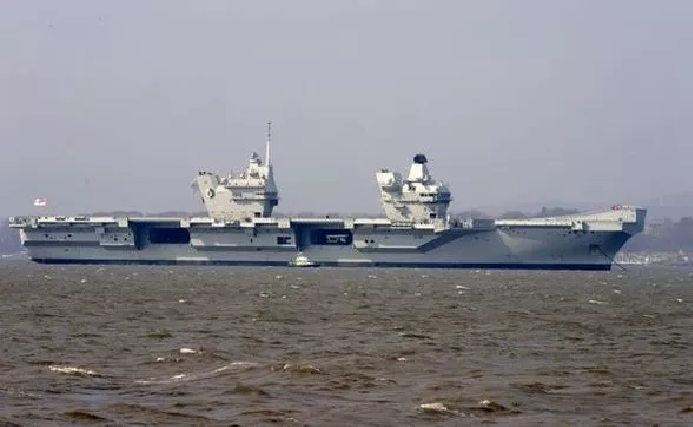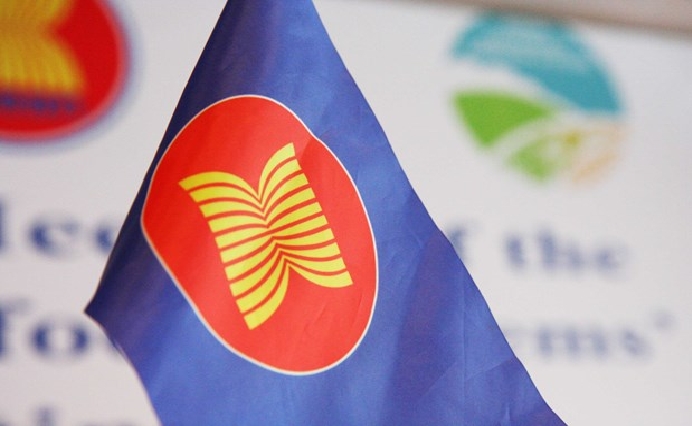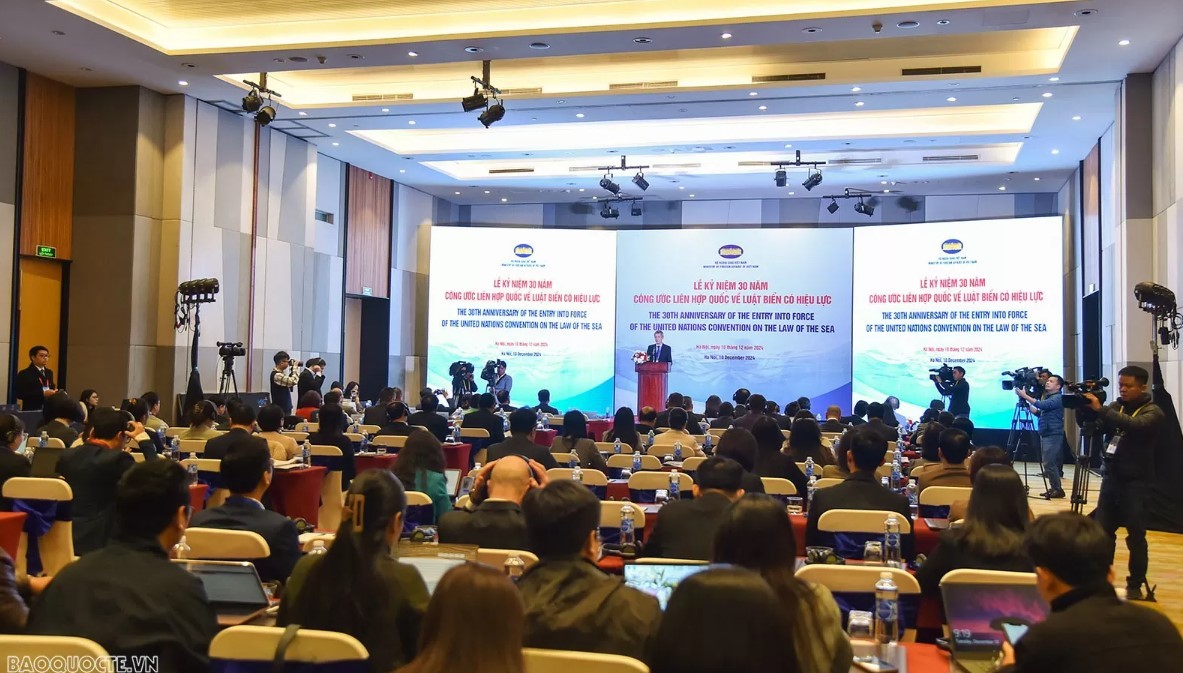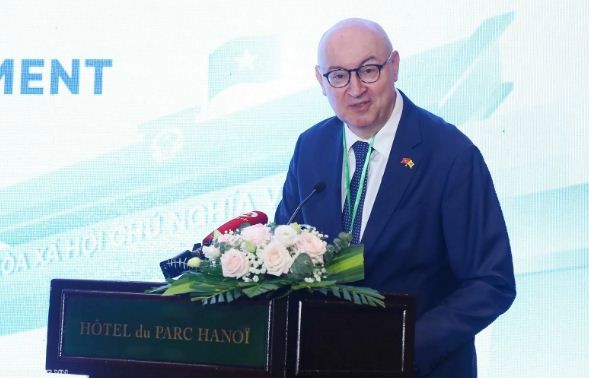Beijing's rising assertiveness left it increasingly isolated, said Nikkei Asian Review
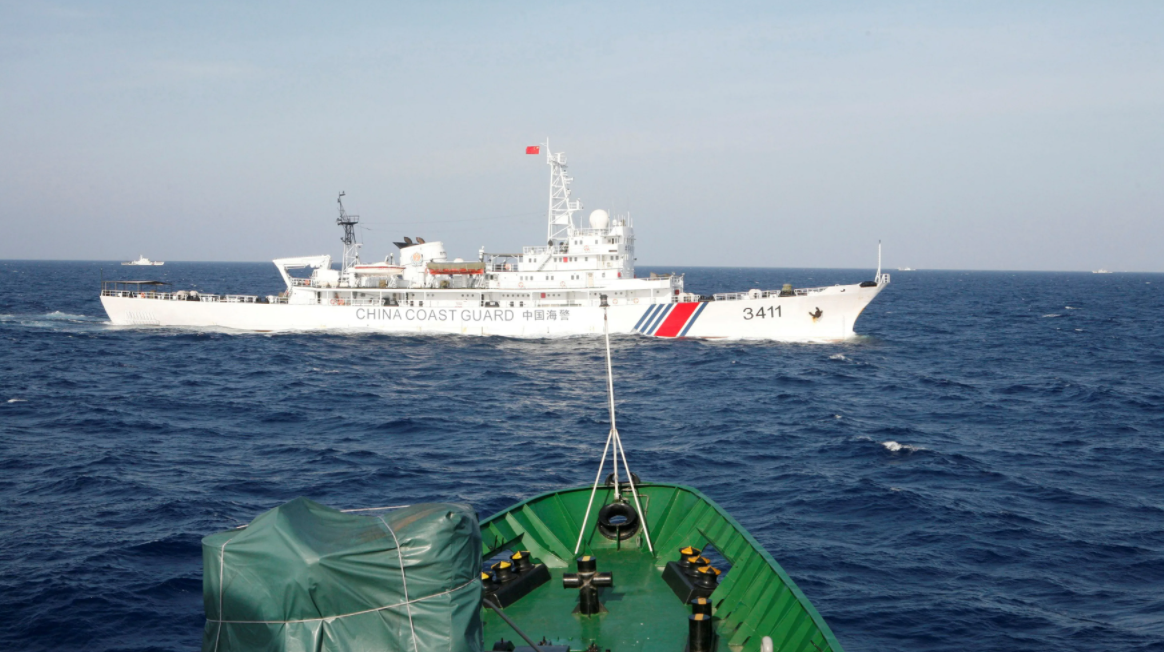 |
| A Chinese Coast Guard vessel passes over a Vietnamese ship in the Bien Dong Sea in May 2014: Indo-Pacific nations appear increasingly perturbed by China's behavior. (Photo: Reuters) |
According to an article by Derek Grossman, a senior defense analyst at the nonprofit, nonpartisan Rand Corporation, and former an adviser at the Pentagon, the US Indo-Pacific strategy is working, mainly due to China's action on the Bien Dong Sea.
"Beijing's rising assertiveness against Hong Kong, Taiwan, and counter claimants in the East and South China Seas, and now even against India along the Himalayas, has resulted in unprecedented agreement across the Indo-Pacific and beyond that China's muscular approach is an unwelcome development in the region," he wrote on Nikkei Asian Review.
Countries strengthen security cooperation
Grossman analyzed that if Beijing continues to ramp up its assertiveness, additional countries are likely to follow suit, leaving China further isolated.
For instance, the Quadrilateral Security Dialogue, or Quad, comprising Australia, India, Japan, and the U.S have repeatedly affirmed the importance of maintaining a rules-based international order and norms of behavior. Their security cooperation is deepening.
On July 1, Australia's defense ministry released a strategic update and force structure plan aimed at countering China. A few days later, China and India agreed to end a military standoff along their disputed land border, but the damage has been done. Now even India's most ardent China supporters are hardening their positions. On July 14, Tokyo released its annual defense white paper slamming China's relentless and unilateral attempts to "change the status quo by coercion in the sea area around the Senkaku Islands."
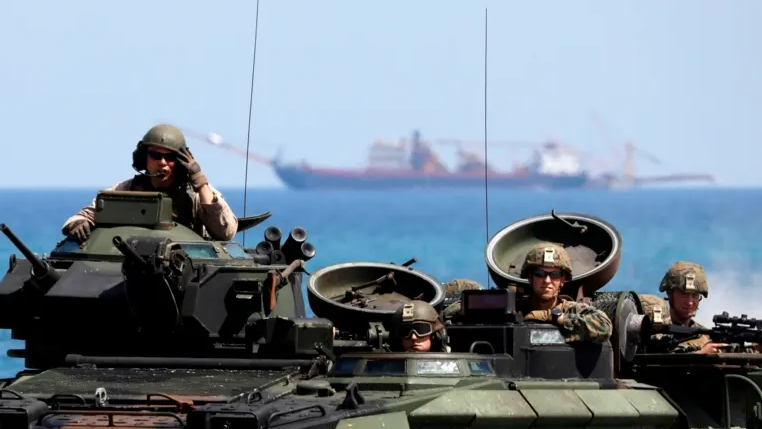 |
| U.S. Marines during an exercise at a military camp in Zambales, Philippines, pictured in April 2019: the VFA authorizes U.S. military forces to easily maneuver within the Philippines to respond to China-related contingencies. (Photo: Reuters) |
Southeast Asia nations' stances
At the ASEAN foreign ministers meeting on September 9, Vietnamese foreign minister Pham Binh Minh said "we welcome the U.S.'s constructive and responsive contributions to ASEAN's efforts to maintaining the peace, stability, and developments in the South China Sea." In addition, Vietnam is currently bolstering security ties with a range of other countries, including Australia, Japan, and India.
Malaysia made a submission to the UN in July 29 rejecting "in its entirety" China's earlier submissions to the UN regarding South China Sea sovereignty. Earlier, on June 2, the anti-U.S. and pro-China president of the Philippines, Rodrigo Duterte, postponed a final decision on whether to terminate the U.S.-Philippines Visiting Forces Agreement or VFA, in large part due to continued Chinese assertiveness in the South China Sea.
Indonesia on July 22 held a major military exercise in the region, clearly aimed at deterring further Chinese incursions into its exclusive economic zone. Even Brunei, on July 20, normally the quietest of claimants, surprisingly emphasized the need to uphold the rule of law in accordance with UNCLOS to settle disputes.
However, most, if not all Southeast Asian countries are very likely to remain in hedging mode to avoid antagonizing either side, Grossman stated.
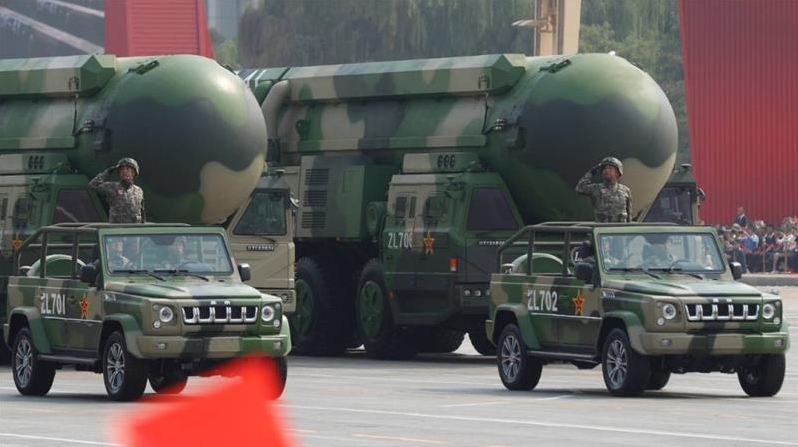 | Beijing rejects U.S. report on Chinese nuclear warheads China’s foreign ministry on Wednesday rejected a U.S. report saying that Beijing was expected to double the number of its nuclear warheads. |
 | Hong Kong media tycoon Jimmy Lai released after 2 days on bail Jimmy Lai, Hong Kong pro-democracy media mogul, was free on bail Wednesday and received a hero's welcome upon his return to his paper, Apple Daily. |
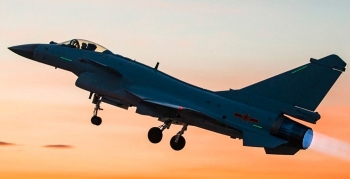 | Beijing deploys fighter jets as highest-level US official visits Taiwan Chinese fighter jets crossed over the median line of the Taiwan Strait and into the country's airspace in Aug 10 morning, one day after U.S. ... |
Recommended
 Seas and islands
Seas and islands
Vietnam Endorses Common Voice on Ocean Jurisdiction
 Seas and islands
Seas and islands
Dialogue as Key to Settling Disputes and Advancing Law of the Sea
 Seas and islands
Seas and islands
RoK Navy Ship Pays Friendly Visit to Da Nang City
 Seas and islands
Seas and islands
Naval Region 5 Promotes Reading Culture, Fosters Patriotism
 Seas and islands
Seas and islands
Coast Guard Region 2 Command Hosts Philippine Coast Counterpart
 Seas and islands
Seas and islands
Vietnam - Thailand Navy: Coordination to Well Address Problems at Sea
 Seas and islands
Seas and islands
Honoring the Fallen: Incense Offering for the 37th Anniversary of Gac Ma
 Seas and islands
Seas and islands

